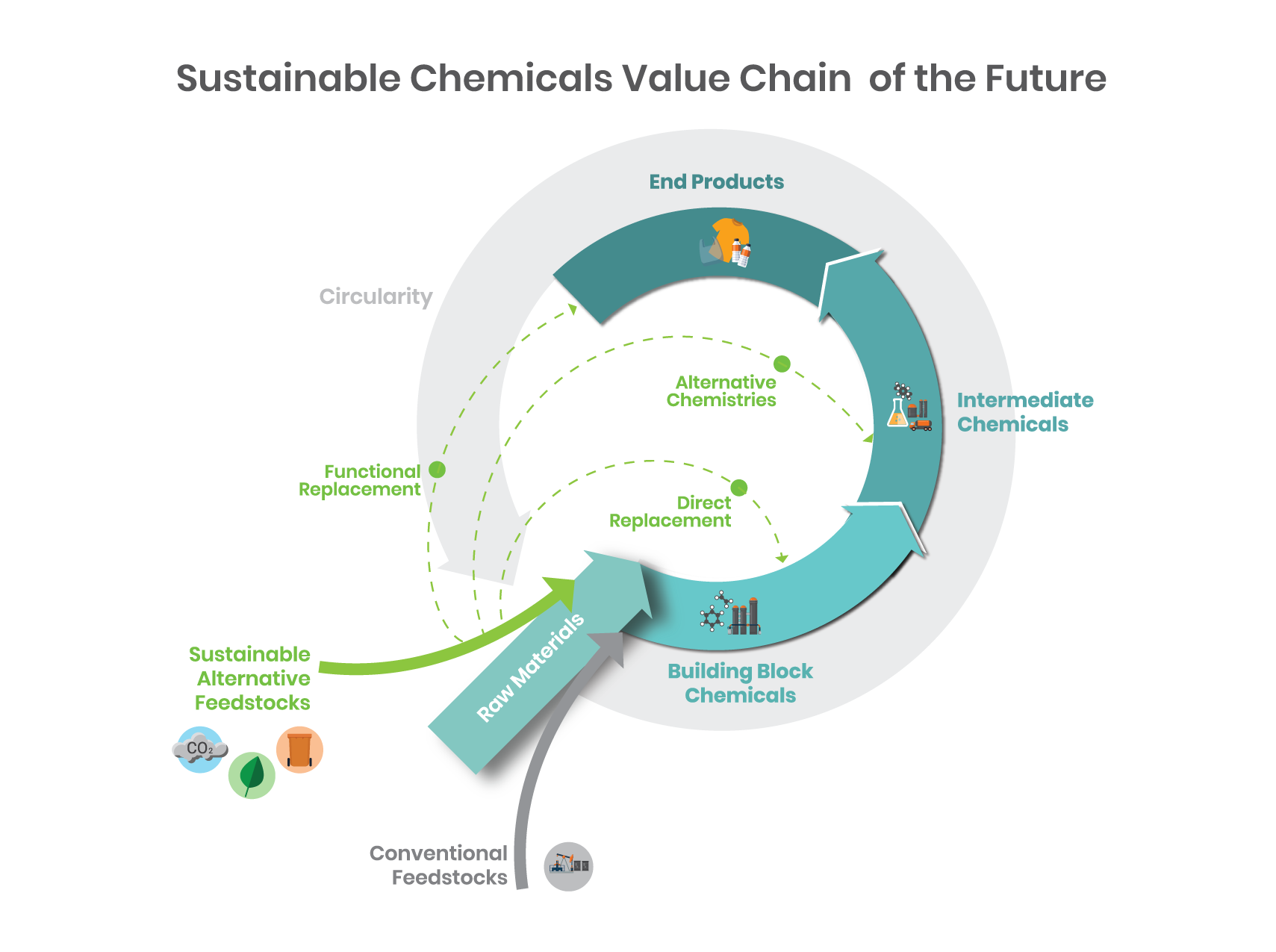Trick Factors To Consider for Selecting the Right Chemical Products to Accomplish Efficient Integrated Solutions in Your Workflow
Choosing the appropriate chemical products for integrated remedies in operations needs a complex approach that encompasses different critical considerations. From examining chemical compatibility to making certain adherence to governing standards, each factor plays an essential function in maximizing operational performance and safety.
Comprehending Chemical Compatibility

To evaluate compatibility, one need to think about aspects such as the chemical buildings of the substances involved, consisting of pH, concentration, temperature level, and the existence of pollutants. Making use of compatibility graphes and databases can supply beneficial understandings into potential communications. Furthermore, carrying out small tests can aid identify unexpected reactions that may not be recorded.
Elements such as humidity, light direct exposure, and temperature level can affect the stability and sensitivity of chemical products. By prioritizing chemical compatibility during the choice process, companies can improve operational effectiveness, reduce the threat of crashes, and ensure conformity with security protocols.
Examining Governing Conformity
In the complex landscape of chemical product selection, reviewing regulatory conformity is extremely important to guaranteeing not just security yet also legal adherence. Organizations has to navigate a myriad of policies, from regional and national laws to international standards, that regulate the usage, storage space, and disposal of chemical materials. This requires a detailed understanding of suitable laws such as the Occupational Safety And Security and Wellness Administration (OSHA) criteria, the Environmental Defense Company (EPA) standards, and the European Union's Registration, Examination, Authorisation and Constraint of Chemicals (REACH)
When selecting chemical items, it is important to validate that providers provide Safety Data Sheets (SDS) that detail potential hazards and managing demands. In addition, services must validate that the chemicals abide with industry-specific policies, which might enforce added terms. Non-compliance can result in serious fines, including penalties and operational shutdowns.
Furthermore, companies ought to stay upgraded on regulatory changes, as non-compliance can develop from obsolete methods. Creating a robust conformity technique, consisting of normal audits and employee training, can aid make sure adherence to existing laws. Ultimately, prioritizing regulatory compliance not just reduces risk however likewise enhances the company's online reputation and functional efficiency.
Assessing Environmental Effect
How can organizations properly analyze the environmental impact of chemical products throughout the choice procedure? A complete evaluation requires a multifaceted technique, including information on the life process of products, from production to disposal. Organizations should begin by identifying the possible dangers related to each chemical, consisting of toxicity, persistence in the environment, and bioaccumulation possibility. Using tools such as Safety and security Information Sheets (SDS) and environmental risk assessments makes it possible for a more clear understanding of these elements.
In addition, organizations can utilize third-party accreditations and eco-labels that show compliance with ecological standards - Chemical Products. Engaging with suppliers that prioritize sustainability methods can additionally boost the choice procedure. It is essential to examine not only the straight results of chemical usage however additionally the indirect impacts, such as energy usage and waste generation
Implementing life cycle analysis (LCA) techniques can provide extensive understandings right into the ecological impact of chemical items, highlighting locations for improvement. By focusing on transparency and partnership with stakeholders, companies can make informed decisions that align with their sustainability goals while reducing unfavorable environmental outcomes. This proactive approach inevitably cultivates an extra accountable and eco-conscious operational framework.
Analyzing Cost-Effectiveness
While reviewing chemical items for operational usage, organizations should also take into consideration cost-effectiveness as a critical variable in the choice process. This entails evaluating not just the preliminary purchase cost but additionally the overall cost of possession, that includes elements such as use efficiency, upkeep, and disposal costs. Chemical Products. An item that appears inexpensive click now upfront might incur greater expenses in power consumption or call for more regular substitute, ultimately affecting the lower line
Additionally, companies should evaluate the possibility for price savings through enhanced solutions that boost performance and decrease waste. For circumstances, items that call for lower application prices or offer faster processing see here now times can cause significant savings in time. It is also vital to take into consideration the influence of governing compliance expenses, as non-compliance can lead to penalties and boosted operational expenses.
Additionally, organizations ought to evaluate the lasting worth originated from the chemical products, including boosted top quality, boosted efficiency, and enhanced security. A detailed cost-effectiveness analysis equips companies to make enlightened choices that align with both their economic objectives and functional goals, ultimately leading to lasting and efficient techniques.
Identifying Vendor Reliability
Distributor reliability is extremely important when choosing chemical items for operations, as it straight affects both product top quality and operational effectiveness. A reputable supplier constantly delivers top notch products in a timely manner, making certain that your procedures remain undisturbed. To identify provider dependability, start by assessing their track record within the sector. Look for evaluations, testimonials, and study that highlight their performance and client contentment degrees.
Following, take into consideration the distributor's history of compliance with regulations and criteria. A trusted provider needs to have a durable Get More Info quality control program that sticks to market standards. Furthermore, evaluate their capability to offer technological support and product details, which is important for educated decision-making.

Conclusion
In conclusion, selecting the ideal chemical items for integrated services requires a detailed examination of a number of crucial factors. Comprehending chemical compatibility, ensuring regulatory conformity, assessing ecological effects, evaluating cost-effectiveness, and recognizing trustworthy providers jointly contribute to educated decision-making.